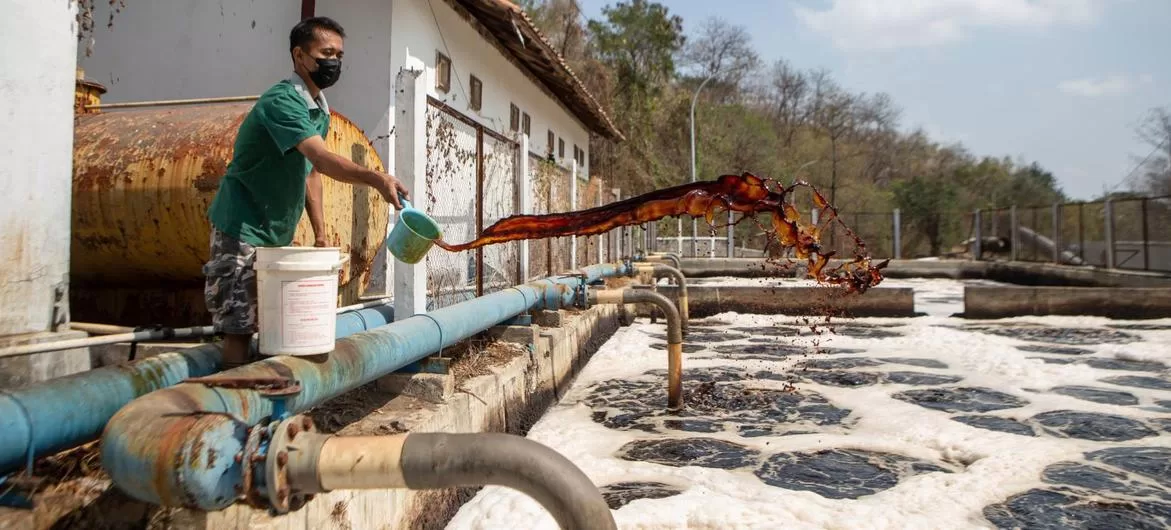
JAKARTA, June 28 (WSH) — Indonesia is redefining development finance by merging spiritual values with economic innovation. With a vision rooted in both religious conviction and pragmatic urgency, the Southeast Asian nation is pioneering faith-based and thematic financing tools to address a $1.7 trillion gap in achieving the Sustainable Development Goals (SDGs).
A Divine Equation: Sharia Meets Sustainability
Home to the world’s largest Muslim population, Indonesia has tapped into centuries-old Islamic financial practices—zakat (almsgiving), waqf (endowment), and sukuk (Islamic bonds)—to fund modern challenges such as climate adaptation, sanitation infrastructure, and education.
“Faith-based financing isn’t just about money—it’s about purpose,” said Putut Hari Satyaka, Deputy Minister for Development Financing at Bappenas, ahead of a major UN conference in Sevilla. “By aligning religious duty with social equity and climate resilience, we create a financing model that resonates with people’s hearts.”
This approach has already borne fruit. In 2018, Indonesia became the first country in the world to issue a sovereign green sukuk, raising $1.25 billion for eco-projects. Between 2019 and 2023, another $1.4 billion was raised through retail green sukuk, empowering ordinary Indonesians to become climate financiers.
A Vision Beyond Business-as-Usual
The estimated cost of achieving all 17 SDGs in Indonesia stands at $4.2 trillion. Public funds alone are insufficient, prompting the government to deploy what Satyaka calls an “integrated and transformative” approach. This includes thematic bonds, blended finance, and faith-based instruments—all backed by regulatory frameworks, enabling environments, and multistakeholder ecosystems.
The zakat potential alone could be transformative. While Indonesia could raise up to $25 billion annually through zakat, current collections fall short at less than 5% of that amount. “Unlocking even a portion of this would revolutionize social finance,” Satyaka noted.
Trust, Transparency, and Transformation
Faith-based financing is not without challenges. Building public trust in how funds are collected and allocated is paramount. “Like any financial instrument, success relies on transparency and accountability,” said Satyaka. He emphasizes the need for greater public awareness and improved coordination, especially among provincial governments, to scale such models nationally.
The UN and other development partners have played a crucial role in supporting Indonesia’s efforts, with several SDG-linked projects in sanitation and renewable energy now showcasing the power of aligned financial and moral values.
As global leaders gather in Sevilla to confront the $4 trillion annual shortfall in SDG funding, Indonesia stands as a beacon of creative, values-driven finance. With green sukuk and Islamic social financing gaining traction, the country offers not just a case study—but a call to action.
“Faith-based finance,” Satyaka concludes, “is not an alternative. It is the future—when purpose and prosperity walk hand in hand.”


